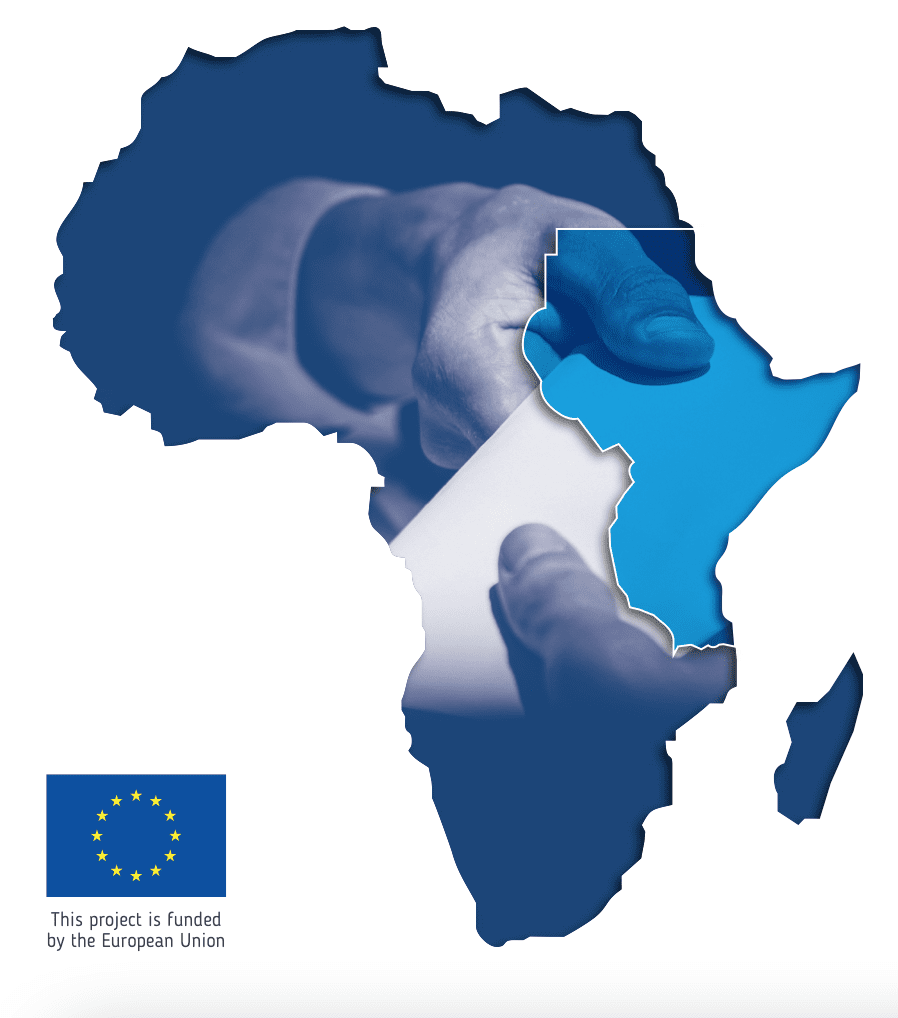Corruption is a serious crime that can undermine the political and economic stability of a country by diverting economic resources from the public sector and threatening sustainable peace. Certain international OCGs target the Eastern African region because of the significant illicit wealth that can be generated from criminal activities facilitated by corruption.
Economic losses are very high in countries where corrupt practices are widely spread. In the 1990s, the African Union estimated that the continent lost over USD 148 billion annually because of corruption. Furthermore, according to United Nations (UN) estimations, every year USD 1 trillion is paid in bribes globally while an estimated USD 2.6 trillion are diverted annually through corruption. The sum is the equivalent of more than 5 per cent of the global Gross Domestic Product (GDP).
Corrupt practices involved in some public procurement processes in the Eastern African Region can lead to the diversion of state resources by powerful individuals who are able to cooperate with OCGs to raise their economic profits. In Eastern Africa, corruption reduces a government’s ability to collect revenue. In turn, this affects the government’s capacity to provide essential social services and security to its citizens. Certain OCGs employ corruption to infiltrate political, economic and social systems in the Eastern African Region.
The use of corrupt activities by OCGs in Eastern Africa undermines the rule of law, facilitates the trafficking of a broad range of illicit products, such as narcotics, wildlife trophies, and illegally obtained small arms and light weapons. Moreover, corruption undermines human rights since some OCGs utilize corruption to facilitate human trafficking and/or people smuggling activities in the Eastern African region. The fact that there is not a harmonized definition of corruption in Eastern Africa makes it challenging to accomplish comparisons between countries.
Nevertheless, law enforcement agencies should focus their attention on practices in which corruption takes place and in the way these actions facilitate organized crime. Between 9 and 13 September 2018, the 20th Eastern Africa Police Chiefs Cooperation Organization (EAPCCO) held its annual general meeting (AGM) in Khartoum, Sudan. One of the recommendations of the meeting was for EAPCCO to request INTERPOL to conduct an assessment of corruption in East Africa.

